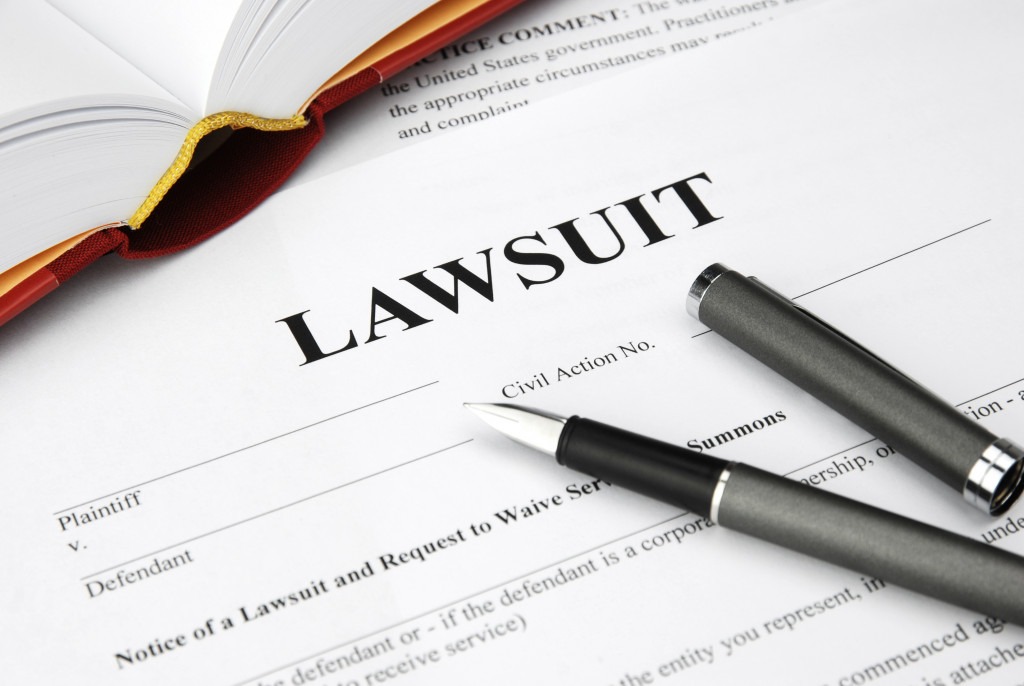- Determine the type of claim (personal injury, property damage, or wrongful death) based on your circumstance.
- Hire an experienced attorney to assist you through the legal process and claim preparation.
- Prepare a detailed Notice of Claim including personal details, damage description, and estimated damages.
- Navigate the legal pathways patiently to hold the municipality accountable for negligence.
- If necessary, file a lawsuit within the statute of limitations.
If you or your business has suffered damages or injuries caused by the negligence of a principal municipality, you have the right to take legal action against it. However, navigating the legal pathways to file a claim is difficult. Here are some steps you need to take to file a lawsuit against a principal municipality, legal procedures, requirements, and potential challenges you may face during the process.
Determine the Type of Claim
The first step in filing a claim against a significant municipality is determining the type of claim you want to file. Determining the type of claim is essential since it will determine the legal procedures, evidence requirements, and potential damages you can recover. Here are some of the most common types of claims:
Personal Injury Claim
A personal injury claim is filed when an individual suffers harm due to the negligence of a municipality. This could include injuries from accidents on poorly maintained roads, slip and falls on icy sidewalks that weren’t adequately salted, or even harm sustained from malfunctioning city equipment.
When filing a personal injury claim, providing compelling evidence of the municipality’s negligence and the resulting injury is crucial. The proof may include medical records, witness testimonies, and photographs of the damage and its location.
Property Damage Claim
A property damage claim is filed when an individual’s or business’s property is damaged due to the negligence of a municipality. Examples might include a city-owned tree falling on your home due to improper maintenance or damage to your business premises because of a city construction project.
Just like with a personal injury claim, it is crucial to provide substantial evidence showing that the municipality’s negligence directly led to the property damage. This evidence might include photographs of the damage, repair estimates, and correspondence with city officials about the issue.
Wrongful Death Claim
A wrongful death claim is brought forward when a person dies due to the negligence or misconduct of a municipality. For instance, a wrongful death claim can be filed if a loved one was fatally injured in a traffic accident due to a malfunctioning traffic light maintained by the city.
This claim seeks compensation for the financial and emotional loss experienced by the deceased’s family members. Evidence for such a claim may involve accident reports, witness statements, and other documentation proving the municipality’s negligence resulted in the tragic loss.

Hire an Attorney
Navigating the legal pathways to file a claim against a significant municipality can be challenging, especially if you are unfamiliar with the legal system. Thus, hiring an experienced attorney who can guide you through the process is advisable.
Your attorney can help you gather evidence, prepare legal documents, negotiate with the government agency’s representatives, and represent you in court if necessary. Choosing an attorney with experience handling similar claims against major municipalities is essential.
Furthermore, an attorney can help you understand the potential damages available in your case and calculate them accurately. This is helpful as it ensures you recover what you are entitled to while avoiding any penalties for overstating your claim.

File a Notice of Claim
Before filing a lawsuit against a major municipality, efficiently serving a notice of claim is the first thing to do. This document notifies the city of your intent to sue. It offers them a chance to investigate the allegations before initiating a lawsuit. It’s essential to note that the time limit for filing the notice of claim is typically significantly shorter than the statute of limitations for filing a lawsuit, so act promptly to protect your rights. Here are essential things a notice of claim should have:
The Name and Address of the Person Filing the Claim
This is the first information in your notice of claim, and it should be accurate. The municipality needs to know who is filing the claim since this will be the person or entity they will need to interact with throughout the process. If they cannot reach you due to incorrect contact information, it can lead to delays or potential dismissal of your claim.
A Description of the Injury or Property Damage
Your notice of claim should also include a clear and concise description of the injury or property damage. This should detail what happened when it happened, and where it happened. Additionally, you should explain how you believe the municipality is responsible for the injury or damage. If you can, provide an estimate of your financial loss. Remember to support your claim by including any pertinent evidence, such as photographs, medical records, or repair invoices.
An Estimate for the Number of Damages Sought by the Claimant
Lastly, the notice should include an estimate of the damages you seek. This figure should reflect the financial loss you or your business have suffered due to the incident. These might include costs related to medical treatment, property repair, loss of income, and other related expenses. Being accurate and honest when estimating your damages is crucial, as inflated or inaccurate claims could result in penalties.
Filing a claim against a major municipality can be a daunting task, but it’s your right if you have suffered damages or injuries due to their negligence. By following these steps, you can confidently navigate the legal pathways and increase your chances of success. Remember to determine the type of claim, hire an experienced attorney, gather evidence, file a notice of claim, and file a lawsuit if necessary. With patience, perseverance, and legal support, you can hold the government accountable for your actions and recover the damages you deserve.






